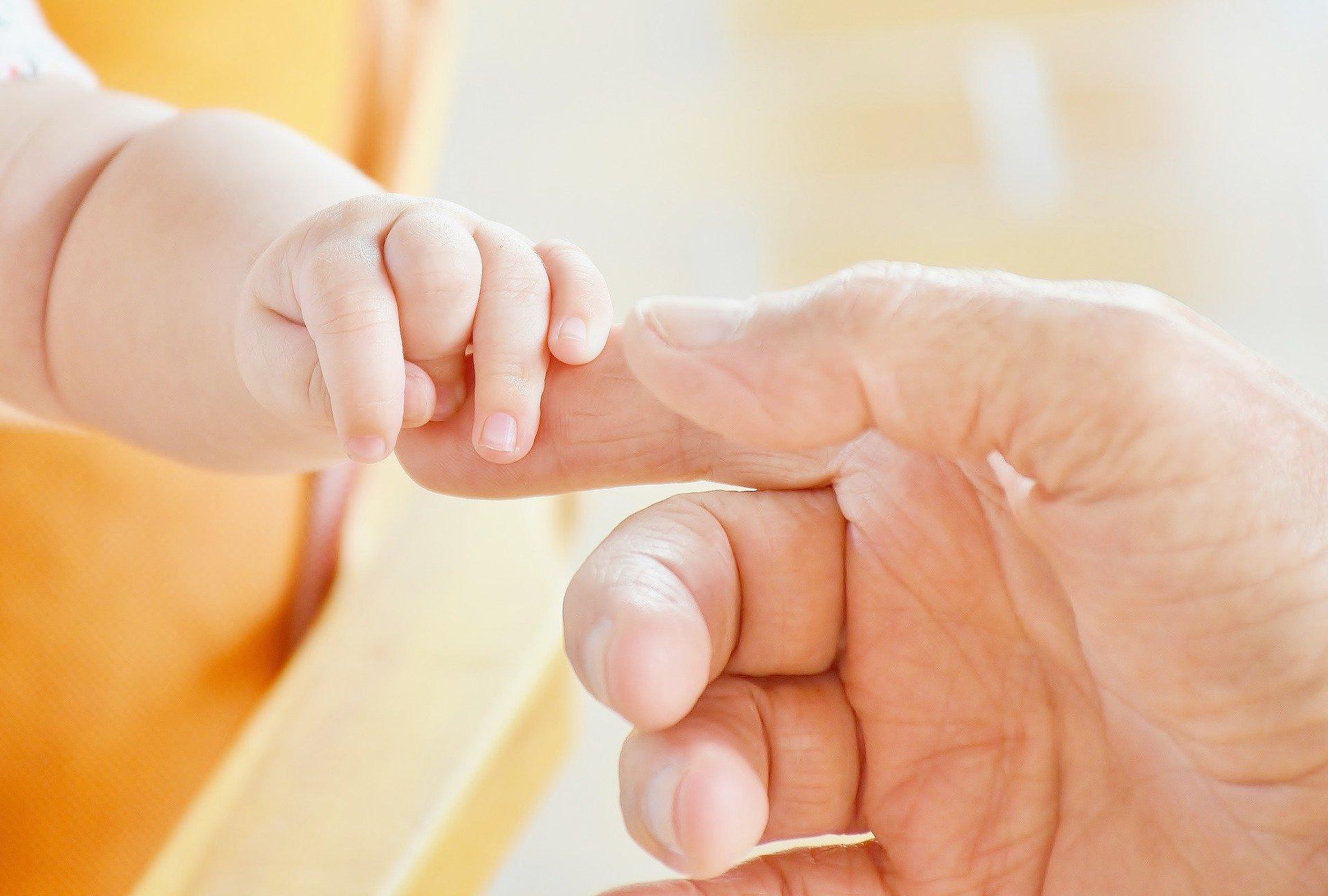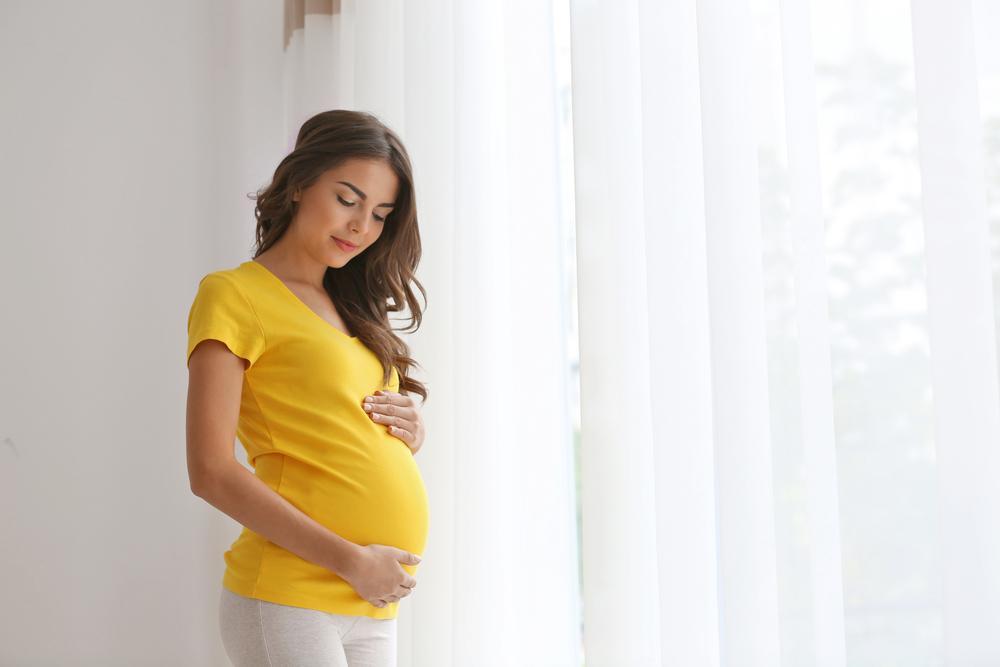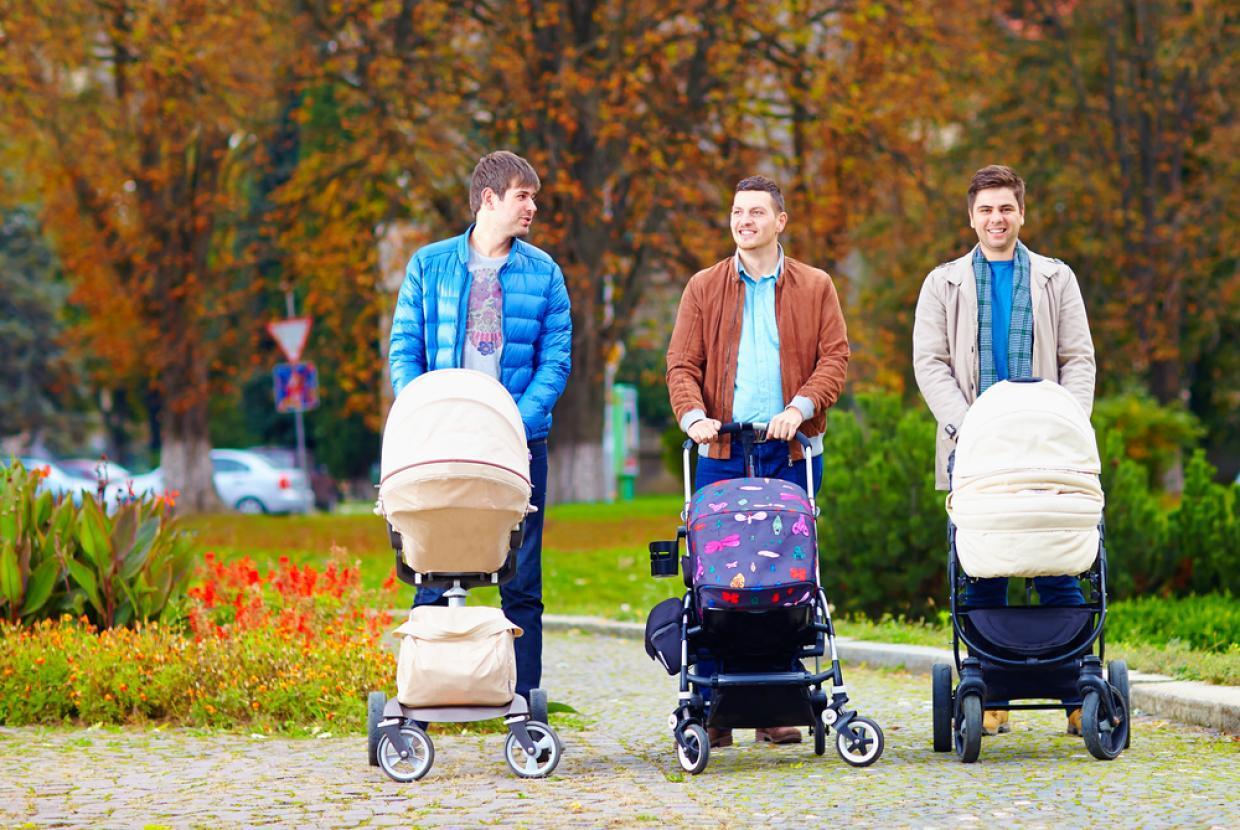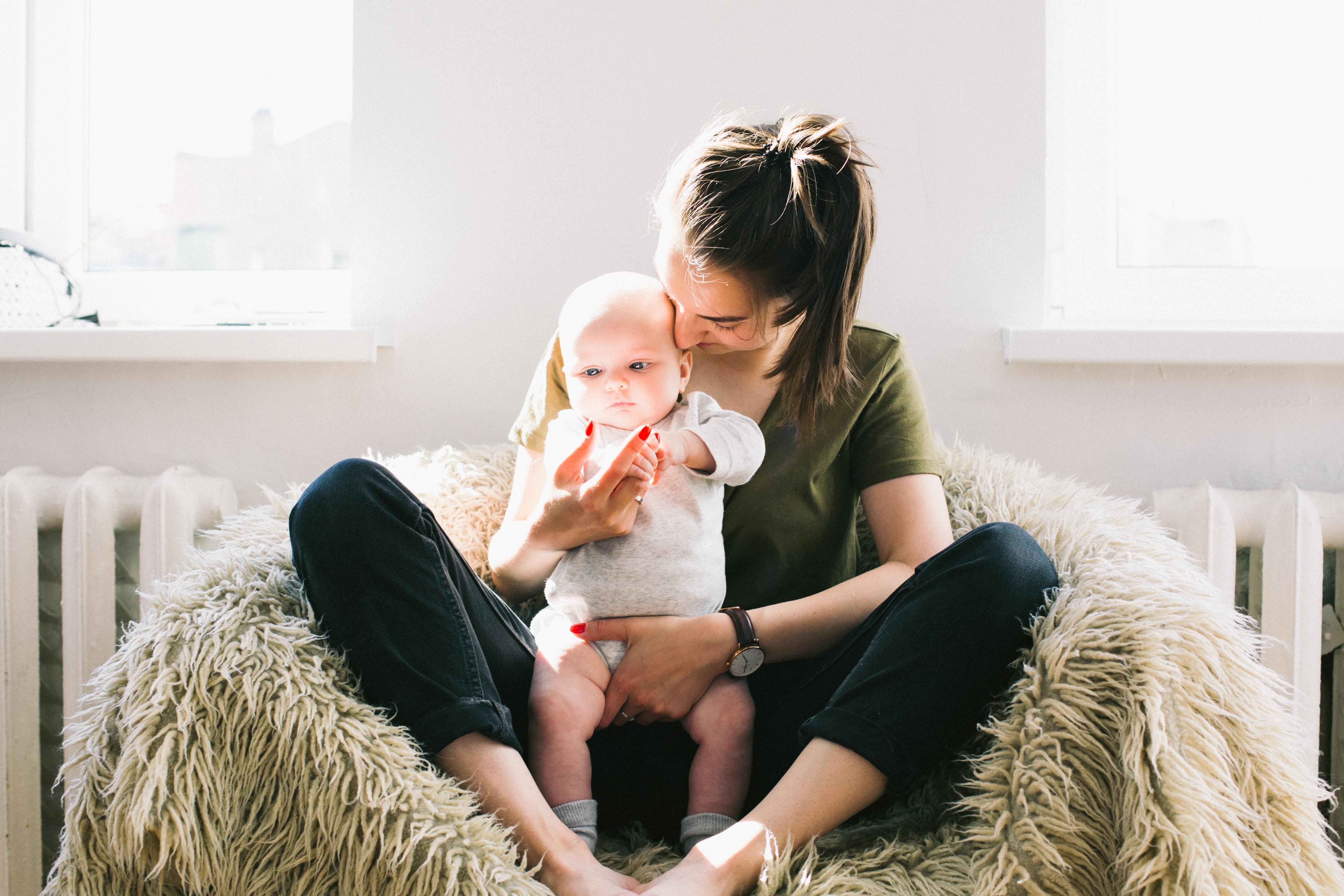What You Should Know: The Flu
Family HealthFlu will often get better on its own, but it can make some people seriously ill. It's important to get the flu vaccine if you're advised to.
Check if you have flu
Flu symptoms come on very quickly and can include:
- a sudden high temperature
- an aching body
- feeling tired or exhausted
- a dry cough
- a sore throat
- a headache
- difficulty sleeping
- loss of appetite
- diarrhoea or tummy pain
- feeling sick and being sick
The symptoms are similar for children, but they can also get pain in their ear and appear less active. Cold and flu symptoms are similar, but flu tends to be more severe.
Differences between cold and flu:
Flu | Cold |
Appears quickly within a few hours | Appears gradually |
Affects more than just your nose and throat | Affects mainly your nose and throat |
Makes you feel exhausted and too unwell to carry on as normal | Makes you feel unwell, but you still feel well enough to do your normal activities |
How to treat flu yourself
If you have flu, there are some things you can do to help get better more quickly.
Do
- rest and sleep
- keep warm
- take paracetamol or ibuprofen to lower your temperature and treat aches and pains
- drink plenty of water to avoid dehydration (your pee should be light yellow or clear)
How to avoid spreading the flu
Flu is very infectious and easily spread to other people. You're more likely to give it to others in the first 5 days. Flu is spread by germs from coughs and sneezes, which can live on hands and surfaces for 24 hours. To reduce the risk of spreading flu:
- wash your hands often with warm water and soap
- cover your mouth and nose with a tissue when you cough or sneeze
- bin used tissues as quickly as possible
Try to stay at home and avoid contact with other people if you have a high temperature or you do not feel well enough to do your normal activities.
How to get a flu vaccine
Flu vaccines are safe and effective. They're offered every year on the NHS to help protect people at risk of flu and its complications. The best time to have a flu vaccine is in the autumn before flu starts spreading. But you can get vaccinated later.
A flu vaccine is given to people who:
- are 50 and over (including those who will be 50 by 31 March 2023)
- have certain health conditions
- are pregnant
- are in long-stay residential care
- receive a carer's allowance, or are the main carer for an older or disabled person who may be at risk if you get sick
- live with someone who is more likely to get a severe infection due to a weakened immune system, such as someone living with HIV, someone who has had a transplant, or is having certain treatments for cancer, lupus or rheumatoid arthritis
























































